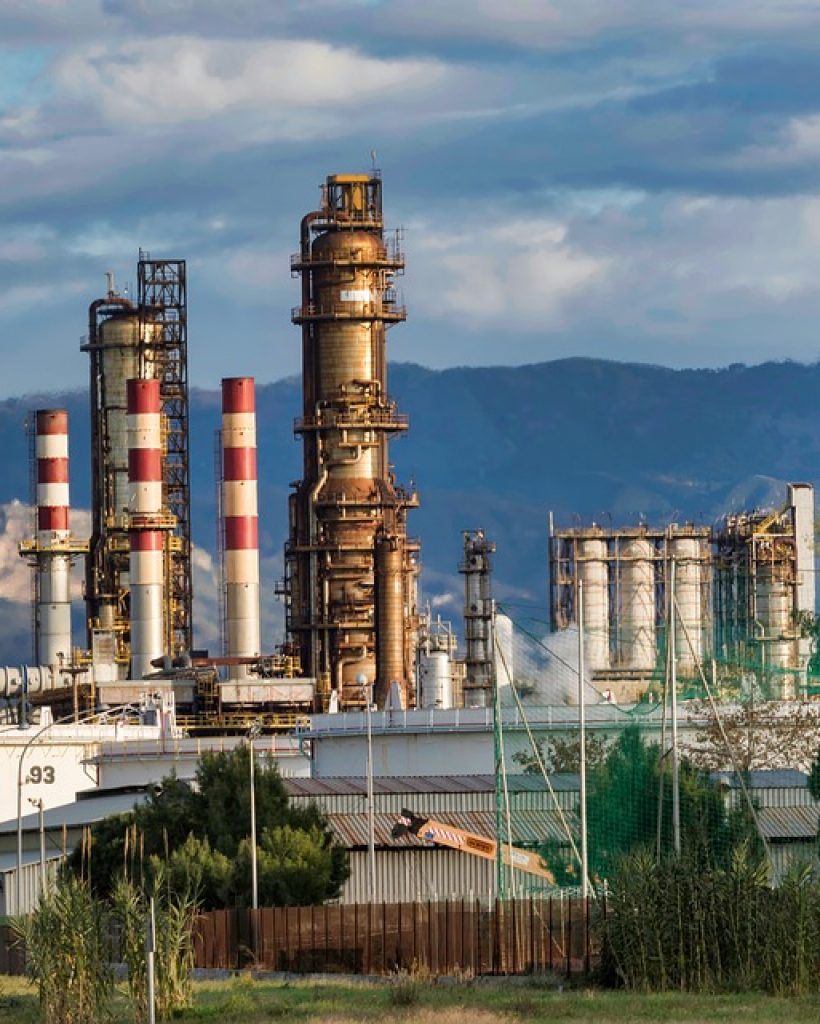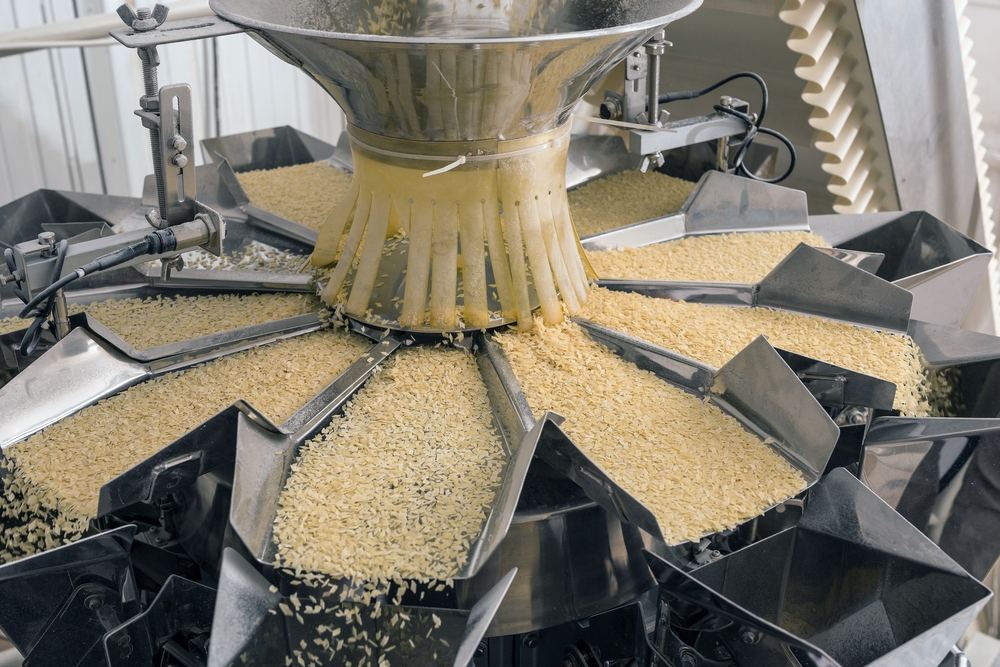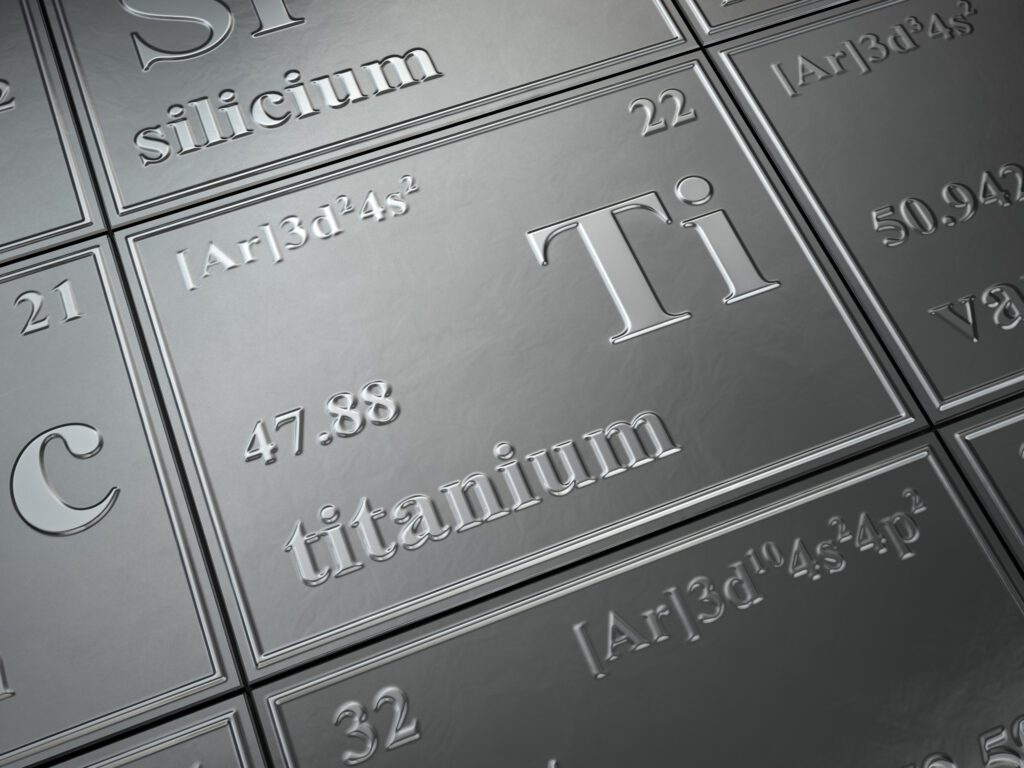Whitepaper
Compact AnMBR system for the Wisconsinbased dairy processor
Berghof Membranes, with its extensive experience in treating industrial effluent using PVDF tubular membranes, developed a compact AnMBR system for the Wisconsinbased dairy processor.
Oil & Gas


Decades of experience.
Wastewater treatment for the Oil & Gas industry
The oil and gas industry is one of the most water-intensive sectors, due to the huge volumes of water involved in extraction and refining processes. There are two main types of activities:
- Upstream: exploration and production of the raw material from underground reservoirs. The wastewater generated is the so-called produced water and the main treatment technologies are focused on oil/water separation.
- Downstream: refining for obtaining different fractions from crude oil, and petrochemical industry for subsequent transformation into different products. The treatment of refinery and petrochemical wastewater is typically based on biological processes.
Upstream
Exploration and production activities produce more than 250 million barrels of produced water each day. Emerging extraction techniques, such as enhanced oil recovery (EOR), and the mature oilfields have contributed to an exponential production of oily wastewater worldwide: on average 3 barrels of polluted water are generated for the production of one barrel of oil. The management of such a big volume of wastewater and the associated pollution of water bodies has led to increasingly stringent environmental regulations.
Produced water contains high and variable concentrations of different contaminants, that challenge its treatment with traditional methods. As a general rule, the reuse of produced water requires that oil and solids are removed. Bacteria and other microorganisms must be removed too. In some cases, a post-treatment for removing the dissolved organics and salts is also required.
During the past years, water has been shown to be more than a valuable resource in E&P: reusing the PW has become an asset. As a result, innovative technologies have come into play for providing high-quality water for numerous reuse applications, going from waterflooding to steam generation or even agricultural uses. In this context, tubular UF is one of the best available technologies due to its high efficiency for removing the emulsified oil and the high quality of the treated water.
Downstream
In oil refining, large volumes of water are required for desalting, distillation, cracking, catalysis and other operations applied for getting valuable products such as LGP, gasoline, diesel, and asphalt. Substantial progress has already been made to reduce these volumes, but still, now the refineries generate between 0.5 and 1.5 times the volume of crude oil processed. Given the growing environmental concern and the stringent regulations, water reuse is getting more and more common in the downstream sector.
Refinery wastewater is complex and its quality varies broadly according to the refinery sub-processes. In general, it contains emulsified and dissolved oils such as aliphatic hydrocarbons, BTEX and PHAs, phenol, and dissolved inorganic compounds. Recalcitrant and inhibitory compounds can be present: a robust and reliable biological treatment for dealing with the potential toxicity and load shocks is therefore required.
Produced water contains high and variable concentrations of different contaminants, that challenge its treatment with traditional methods. As a general rule, the reuse of produced water requires that oil and solids are removed. Bacteria and other microorganisms must be removed too. In some cases, a post-treatment for removing the dissolved organics and salts is also required.
Challenges and solutions for wastewater treatment in the oil and gas industry
The Oil & Gas industry covers several activities such as production, processing, and manufacturing processes. During the exploration and extraction, then going to the oil refining and finally reaching the petrochemical industry, huge amounts of complex wastewater are generated. In each step, different treatment technologies need to be applied for addressing the tight discharge or reuse requirements.
Benefits of tubular membrane solutions for the oil and gas industry
Tubular UF is implemented for produced water treatment: suspended solids and emulsified oil are highly efficiently removed. For refinery and petrochemical wastewater treatment, the tubular MBR is usually the best choice for removing hydrocarbon-related organic matter and nitrogenated compounds. In existing plants where the conventional biological treatment needs to be upgraded for improving the effluent quality, direct UF for effluent polishing has been proven to be one of the most efficient and cost-effective solutions.
Oil & Gas companies that are open to implementing innovative approaches for water reuse will benefit from very positive impacts. Not only will they be more committed to sustainability and improve the public perception, but their profitability will increase by means of reduced freshwater consumption and lower disposal cost.
Applications of tubular UF membrane technology the oil & gas industry
Direct UF | Produced water treatment
MBR | Wastewater treatment
Direct UF | Effluent polishing
Please choose the application that applies to you.
Is your application not listed? Then please contact us.
Manufactured in Germany
Made in a state-of-the art LEAN-production facility, with highly-trained production personnel and materials of the highest quality.
With 50 years of experience and more than 2.000 projects worldwide, Berghof Membranes is the leading manufacturer of high quality tubular ultrafiltration membranes.
Tubular UF Membrane Modules
To prevent fouling and clogging, Berghof Membranes developed its line of robust tubular UF (ultrafiltration) membrane modules based on inside-out crossflow filtration.
Membrane Skid systems
Berghof Membranes developed B-SMART®, a customizable external membrane filtration system that can be designed with various features and functionalities.
Pilot systems & Lab testing
Bridging the gap between lab-scale testing and manufacturing. Our team of experts gives you the confidence to apply the technology for your specific wastewater challenges.
B-CARE® Service and Support
The B-CARE® program is an end-to-end comprehensive program developed to support our OEM partners from the piloting/engineering phase to operational system monitoring.
Case Studies
Our projects
50 years of experience and more than 2.000 project references across the globe.

AnMBR | Dairy Industry
A dairy processor in Richland County, Wisconsin needed to find an efficient process to generate electricity and heat from their wastewater and to further treat anaerobic industrial wastewater.

MBR | Food & Beverages
In order to meet the increasing demand, Holland Malt has decided to double its
malting capacity. For this the company needed high-quality permeate to reuse for production.

Direct UF | Titanium Recovery
Our OEM-Partner needed to design a robust and adaptable UF system that could keep up with the high-solid streams and conditions of this demanding process while minimizing OPEX and fouling.
Think outside the box
When it comes to membrane filtration, think outside the box and contact Berghof Membranes today.
More than just a membrane supplier
Contact Berghof Membranes
Get in touch today
International Sales Office:
Agora 4, 8934 CJ Leeuwarden,
The Netherlands

